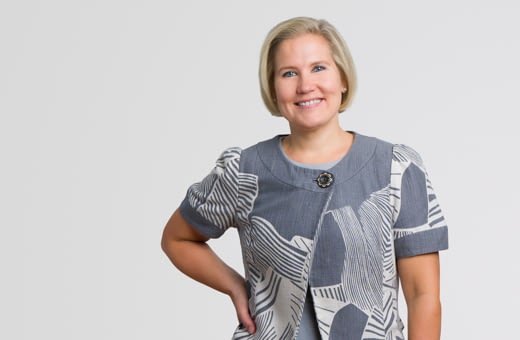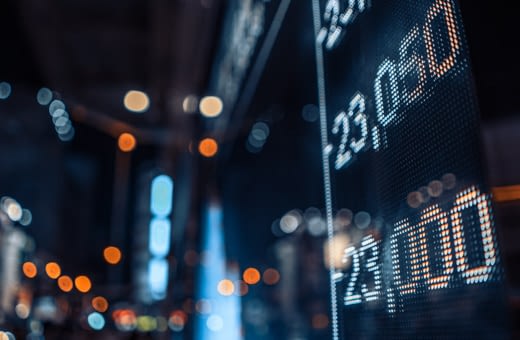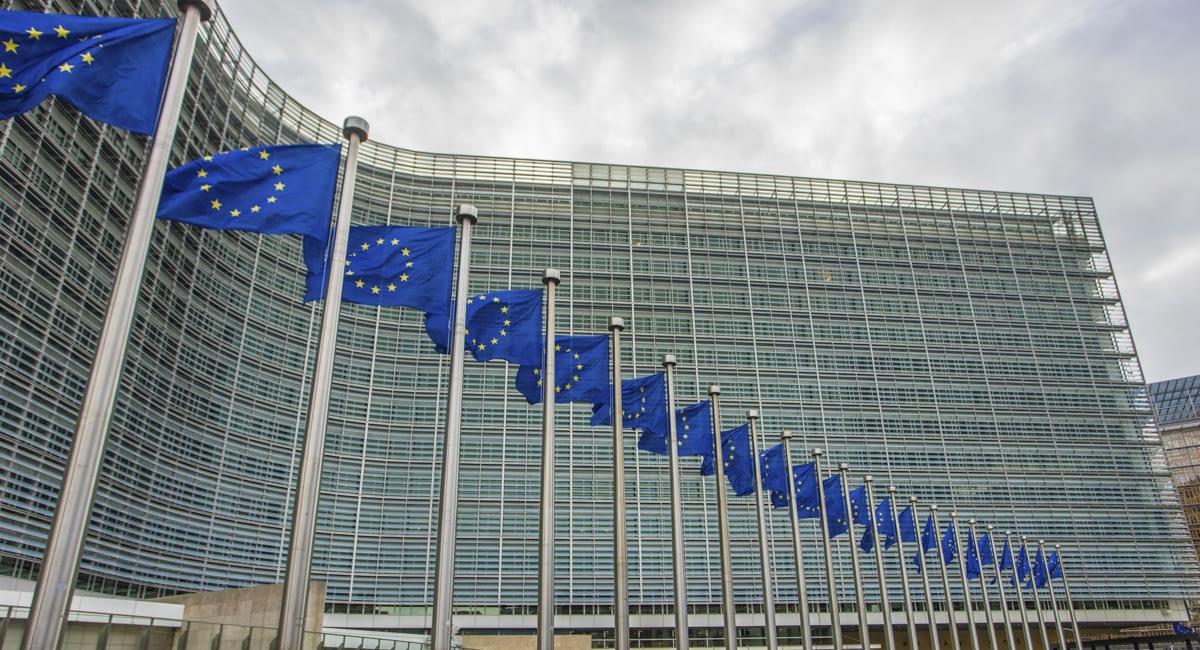The World Trade Organization (WTO) has since 1995 set the common rules for most (98 %) of international trade. Its 164 members, EU included as one member, have been able to agree on historically many trade measures. It can truly be said that trade has been a promoter of peace in the world.
I attended the WTO Public Forum a few weeks ago. The annual event gathers representatives of WTO stakeholders to exchange views and ideas on current issues of international trade. This year the topics included the role of the service sector in sustainable trade, inclusive policies for the advancement of green trade, and digitalisation as a tool for the green transition.
Most discussions followed the same pattern: the EU, the United States and China defended their own trade policy solutions. Other countries, on the other hand, expressed growing despair towards the lack of influence on issues that will cause them great difficulty to implement, while they struggle to keep up with the pace of digital and green transitions of the major world powers.
Although no one disputes the good intentions of the countries enhancing the green transition – and needing to look after their own national security and competitiveness – it was clearly noted that the spillover effects in the application of unilateral trade instruments in countries outside the agreements will be very challenging, if not impossible.
Sustainable trade requires seamless cooperation
The discussions did not offer any quick solutions to WTO’s current problems, and nobody promised a quick withdrawal from the accelerating global subsidy race. We heard no promises about the future cooperation between the world superpowers. Still, I believe that sustainable trade can help save our planet. Instead of each major power in the world declaring their own way of dealing with the green transition, it would make the most sense for both international trade and our planet to start implementing a common global green deal together.
A spark of hope was, however, created by the Public Forum speakers, as the discussions called for dialogue, openness and inclusion instead of protectionism. Due to the interconnected ties between the WTO members, it is in the common interest to ensure that all member countries can keep up. The planet will not allow us any more time – so now is really the time to act and stop avoiding the difficult conversations.
The WTO members need to seriously assess whether the current system is still relevant and if they want to fully participate in it. We need commitment, negotiation skills and a lot of willpower to keep the WTO functioning and influential in the future as well.
Finnish Forest Industry Federation supports the EU in its efforts to strengthen the WTO, and trusts the smooth functioning of the WTO-based global trading system.






